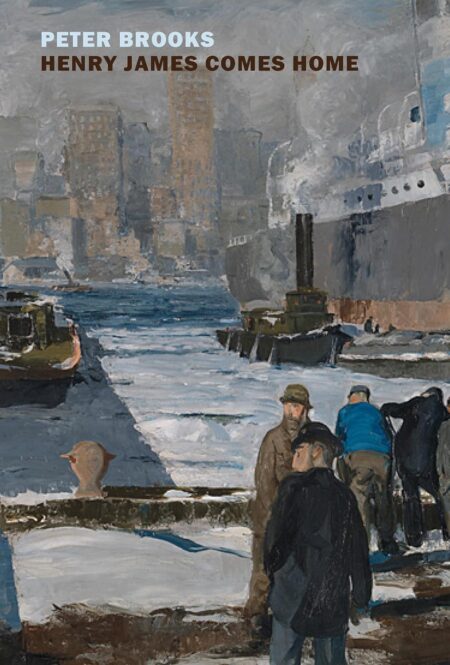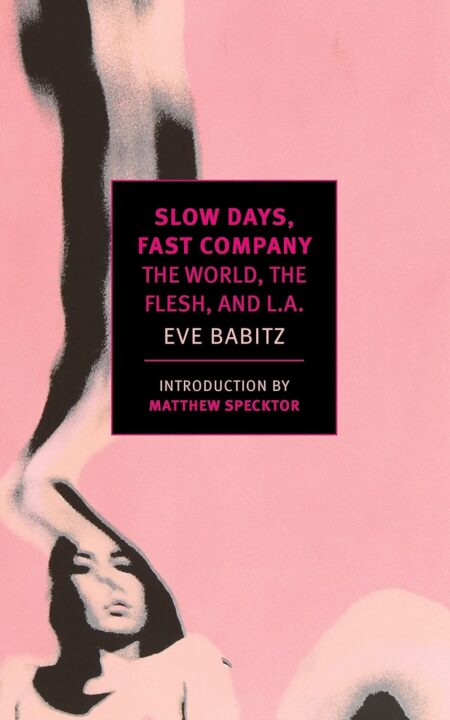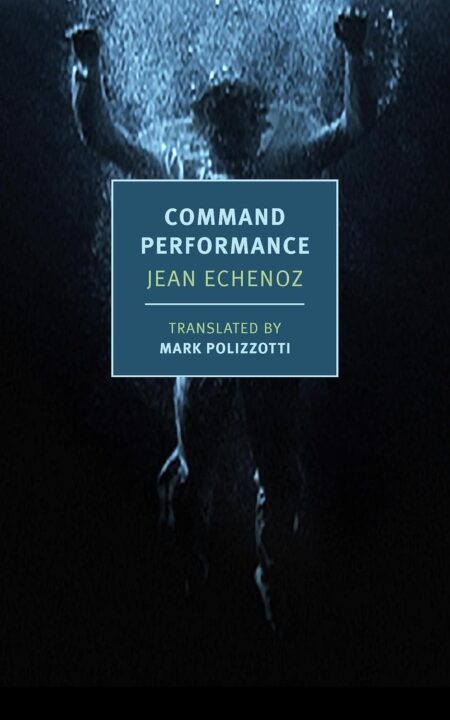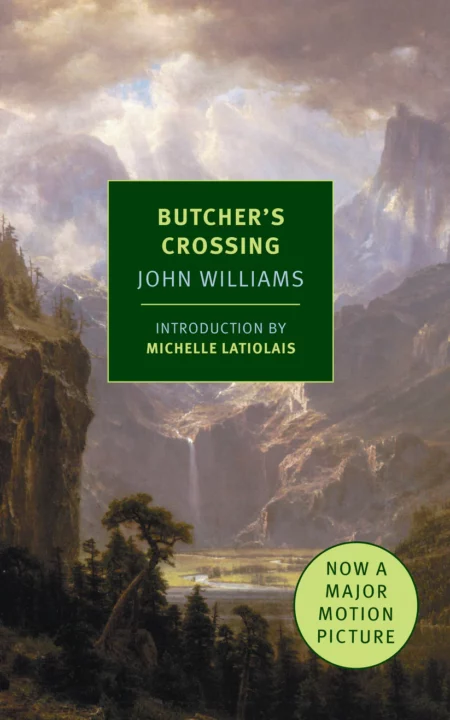
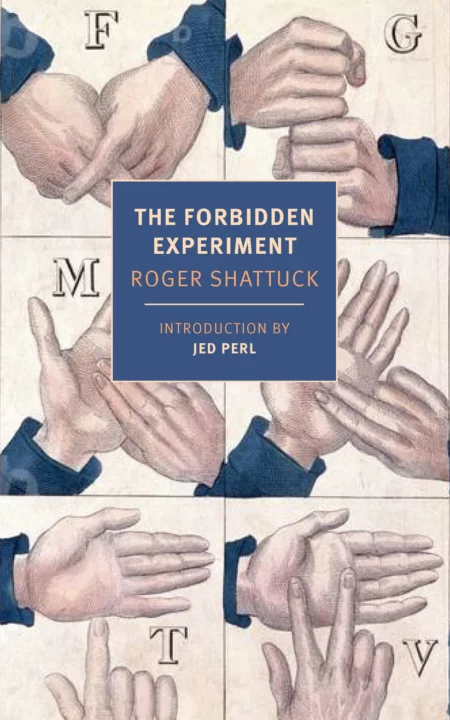
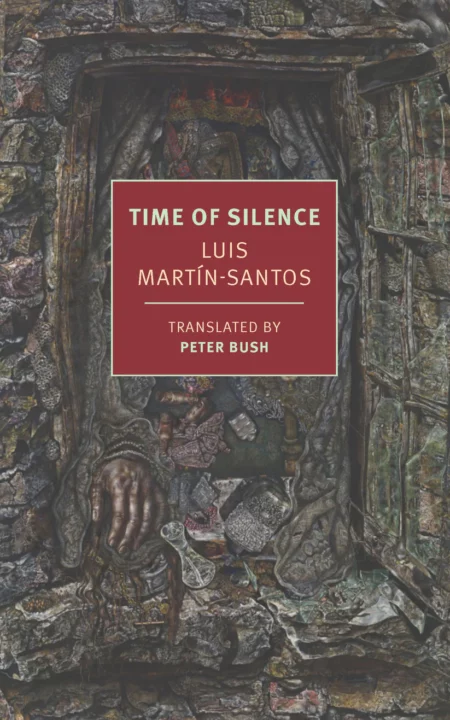
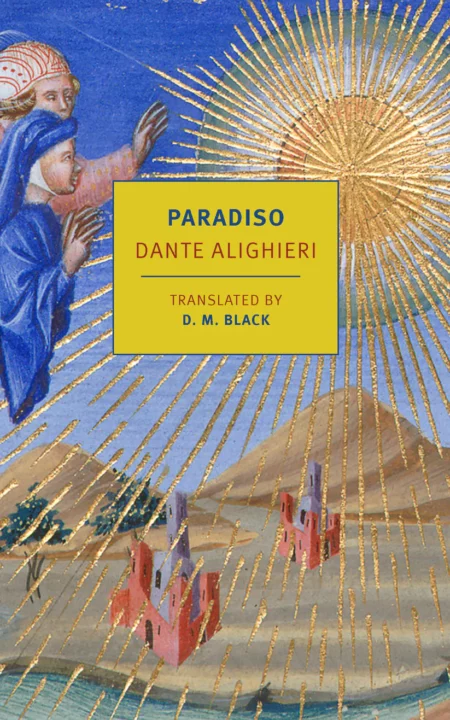
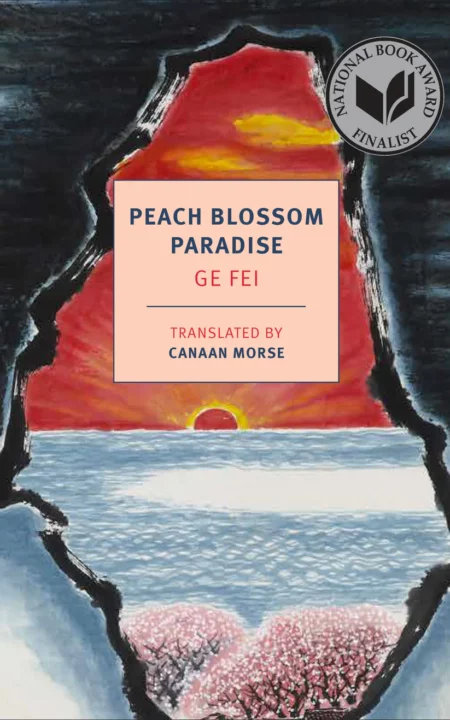

Storm
3.690 kr.A thrilling, innovative novel about the interplay between nature and humankind by the author of Names on the Land.
With Storm, first published in 1941, George R. Stewart invented a new genre of fiction: the eco-novel. California has been plunged into drought throughout the summer and fall when a ship reports an unusual barometric reading from the far western Pacific. In San Francisco, a junior meteorologist in the Weather Bureau takes note of the anomaly and plots “an incipient little whorl” on the weather map, a developing storm, he suspects, that he privately dubs Maria. Stewart’s novel tracks Maria’s progress to and beyond the shores of the United States through the eyes of meteorologists, linemen, snowplow operators, a general, a couple of decamping lovebirds, and an unlucky owl, and the storm, surging and ebbing, will bring long-needed rain, flooded roads, deep snows, accidents, and death. Storm is an epic account of humanity’s relationship to and dependence on the natural world.
